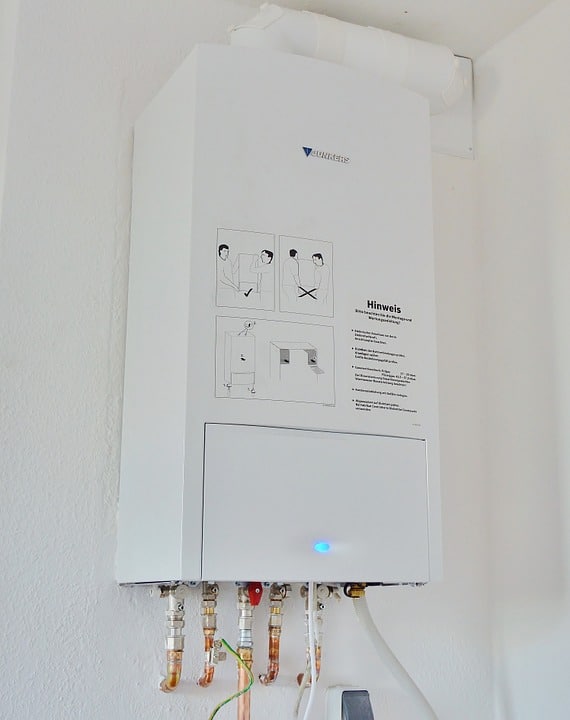Most people take their water heater for granted. The hot water system sits in an obscure corner of the house, with nobody paying much attention to it until it breaks down. Then everyone notices in a hurry. The water heater is used every day in the home. People tap into it for showering, cooking, cleaning, laundry, and many other day-to-day activities.
Life is good as long as the water heater is working well, but a broken one could cause many problems, including water leaks, carbon monoxide leaks, fires, and more. The most common water heater problem is a leak caused by rust. A little leak in the water tank may be a small problem, but over time it could grow and become a major one. A typical water heater has 40 to 60 gallons of water. A significant leak could flood your home, damaging your carpet, walls, and furniture.
Although not very common, a broken water heater can result in carbon monoxide leaks or fires. To prevent leaks and other water heater disasters, practice these maintenance tips:
- Drain your tank quarterly. You can do this by turning off the water heater and attaching a hose to the drain valve.
- Have your water heater inspected regularly by experts.
- Use a strap to tether your water heater to the wall to prevent it from tipping over in the event of an earthquake.
- Insulate the water heater, especially if it is located in an area (such as the garage) that is vulnerable to extreme temperatures. Do not obstruct vital parts of the assembly, including the temperature-pressure relief valve or pilot light.
The money and time invested in keeping your water heater running well will be a pittance compared to the cleanup efforts in the wake of a water heater disaster.

